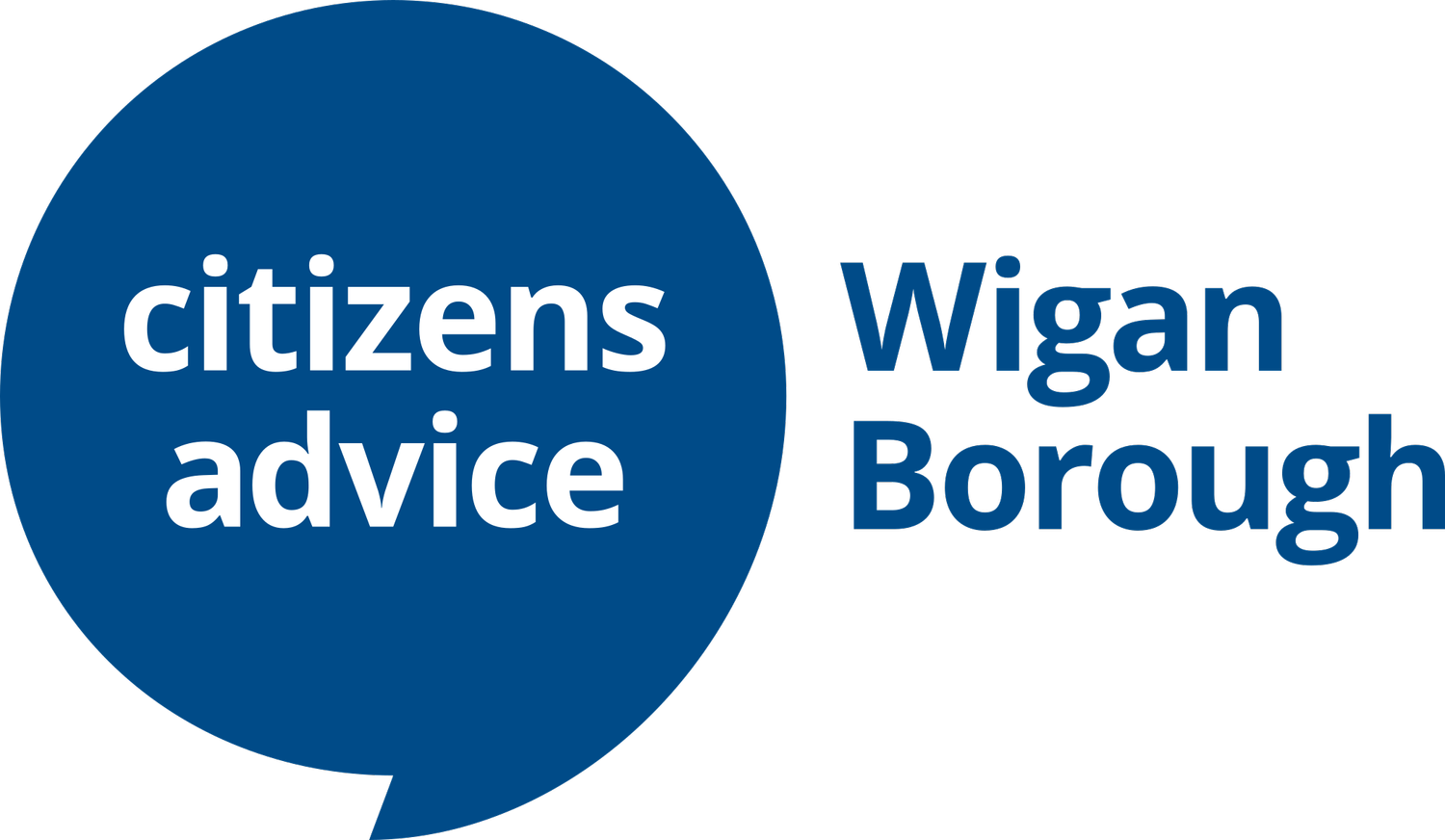Understanding energy bills when moving to university
*PLEASE BE AWARE THIS IS AN OLDER POST AND THERE MAY BE A MORE UP TO DATE POST, OR UPDATED INFORMATION AVAILABLE ON https://www.citizensadvice.org.uk/ *
Here’s what you need to know about your energy bills when moving to university
If you’ve moved into a shared house with friends after your first year, then it may be likely you will need to sort out your own bills, unless your tenancy agreement states it is bills included and the landlord pays the bills.
What should I do when I first move in and need to set up my energy account?
When you first move in, you should contact your energy supplier to let them know. If you don’t know your energy supplier, you can find out online. On the first day of your tenancy, you should take meter readings and submit these to your supplier.
If you don’t know how to read your meters, then you can find out on the Citizens Advice website. If the property has a prepayment meter, don’t use a key or a card or put money on the meter until you’ve spoken to your supplier.
If you’re setting up the energy bill yourself, whoever has their name on the bill is responsible for paying, so you should include everyone’s name on the bill to share the responsibility. If you have issues with a housemate not paying their share, then speak to your supplier as they may give you more time.
Am I going to benefit from any of the government energy bill support as a student?
The government has previously announced a £400 energy bills discount for households from October - March, and all households are eligible. This will be paid automatically by suppliers every month and your supplier should let you know how you will receive the discount. If you have a prepayment meter, make sure your supplier has your up to date contact information.
If you are a bills included property, you may be wondering if you will benefit despite not paying your energy bill directly. The government is currently planning to introduce legislation and additional funding to make sure landlords pass on the discount to tenants who pay all-inclusive bills, but details are yet to be finalised. You should speak to your landlord to ensure they will pass on the discount.
How do I know if my accommodation is protected against carbon monoxide?
Worrying research from the Carbon Monoxide Be Alarmed! Campaign has found that that more than half of students in rented accommodation are at risk of carbon monoxide poisoning.
Only 46% of students claimed to have a lifesaving alarm and 58% admitted they didn’t even check if there was a CO alarm installed when they moved into their accommodation.
Carbon monoxide is nicknamed the ‘silent killer’ as it has no smell, taste or colour - making it almost impossible to detect. Carbon monoxide poisoning kills 60 people in the UK every year, with around 4,000 more hospitalised. CO alarms are cheap to buy and could be the difference between life and death.
Carbon monoxide detectors alert you to the presence of carbon monoxide in the air by flashing a light and sounding an alarm. If you’re a private tenant, your landlord should supply a CO alarm for each room containing a solid fuel appliance.
If you need help or advice, get in touch with our team today - call us free on 0808 2787 801, or complete the contact form on our website to speak to one of our advisers.
